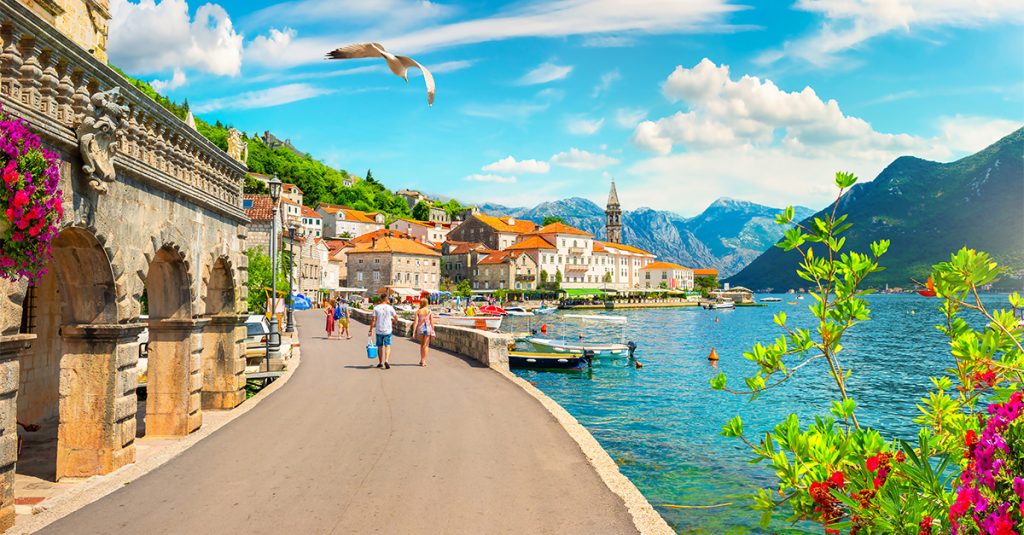Travellers in Europe are increasingly choosing off-peak travel seasons over the summer months, a new study reveals.
- Mediterranean destinations like Croatia, Greece, Portugal, and Italy show a significant departure from traditional summer peaks.
- Northern European countries, including Denmark, Sweden, Finland, and the Netherlands, also experience this shift.
- The trend is influenced by demographic shifts, such as more retirees and child-free households.
- Europe’s experience economy grows as travellers seek authentic and valuable experiences.
Travellers across Europe are demonstrating a clear preference for the shoulder seasons—May to June and September to October—opting out of the traditionally busy summer months of July and August. The shift is strongest in Mediterranean countries such as Croatia, Greece, Portugal, and Italy, but it’s also seen further north in countries including Denmark, Sweden, Finland, and the Netherlands, according to new research by the Mastercard Economics Institute.
The Mastercard Economics Institute’s Travel Trends report indicates that the increase in shoulder season tourism is driven not just by the desire to avoid summer heat but also by notable demographic changes. These changes include a rise in the number of retirees and households without children, both of which are free from the usual holiday period constraints such as work schedules and school calendars.
Analysis involving aggregated and anonymised transaction data, alongside Mastercard’s SpendingPulse and other third-party sources, reveals a 1.8 percentage point rise in overnight stays in the EU during the shoulder seasons over the last decade. This shift, as noted in the report, supports continuous growth in European travel even as peak summer periods reach capacity limits.
Natalia Lechmanova, a leading economist at Mastercard, observed, “Our findings indicate a distinct move towards the ‘shoulder’ seasons, as travellers seek the milder and less crowded months of May-June and September-October.”
In alignment with this trend, Europe’s experience-driven economy is advancing, with an evident trend towards tourists prioritising experiences that offer both value and authenticity. Spending on experiences accounts for 12% of tourism-related sales, reaching its highest point in over five years according to SpendingPulse data.
UK tourists notably spend a larger portion of their holiday budget on experiences and nightlife compared to the global average, indicating a strong preference for immersive travel experiences. Despite inflation, high consumer demand for travel persists, with overnight stays in Europe totalling 2.91 billion in 2023, slightly above pre-pandemic levels.
Furthermore, Italy dominates as the destination with the highest summer prices among Europe’s top 20, while several capital cities and Spanish resorts are recognised for their affordability.
The shift towards shoulder season travel in Europe continues to grow, driven by changing demographics and a desire for richer experiences.

